A tentative plan of Reform of Graduate schools of Humanities and Social Science, 2022-2027


 「人文社会科学系教育リソースの全学的活用による横断型教育体制の構築」に関するFAQ
「人文社会科学系教育リソースの全学的活用による横断型教育体制の構築」に関するFAQ
1)現在ご計画中の「⼈⽂社会科学系研究科博⼠課程(後期)オナープログラム」は、現行の「超域イノベーション博士課程プログラム」と同じようなプログラムなのですか?
基本的には同じような学際融合プロジェクト型のプログラムです。ただし、人文社会科学系の6つ(現行)の研究科間のダブルメージャーあるいは、主・副専攻と考えてもらうほうがより設計図に近いかと思います。
オナープログラムは、本学では「理工学系オナー大学院プログラム」 ではじまっており、これは米国の栄誉ある( honered )選抜生が、授業料の減免などの特恵的な待遇をうけながらも、学際領域や先端諸科学との連携を模索しながら、自分の専攻分野を履修を踏まえて他領域のプロ グラムを履修し、研究したりすることで、学位取得能力に従来の専門性に加えて、学際的な領域横断力をつけることを主たる目的とします。
また、超域は文理にまたがる、オールラウンド型の院 生の教育を主眼としており、⼈⽂社会科学系研究科オナープログラムは、人文社会科学の諸分野の教育を通した(研究を含めた)連携協力関係を促進させるとい うプログラムですで、それぞれが特性を生かし、切磋琢磨して、大阪大学の学際融合教育をすすめることができます。
2)学修の管理や単位の認定、あるいは学位取得の関係はどのようになっているのでしょうか?
いきなりダブルメジャーをめざすコースでは、従来型 の既存組織の研究指導では、二兎を追うこと(=つまり失敗リスクが大きくなる)になりかねません。最初は、既存の研究科での研究テーマを続けながら、オ ナープログラムが提供する他領域の高度教養科目を履修し、関心領域を深め、主たる専攻の指導教員の指導を受けながら、オ ナープログラムに提供している教員と連絡関係をもち、教員間の連携関係をもち、学際領域や、2つないしはそれ以上の領域の副専攻的な研究プランを指導する という方式をとります。エフォート管理の観点から、履修時間のおけるメイジャー(65%)とマイナー(35%)的な学修強度を想定されるのがよいかと思い ます。卒業証書である学位記のほかに「⼈⽂社会科学研究科博⼠課程(後期)オナープログラム修了証」が交付されるものとお考えください。
3)なぜ学内の博士課程のプログラムのなかに、多様な取得プログラムがあるのでしょうか?ややこしくてわかりません。
複雑な現代社会の多様な社会課題に、みなさんのそれ ぞれの基礎学問ならびに応用学問のあいだの協力が欠かせないことは、教員のみなさんが関わっておられる複数の学会や、学会相互の連携関係の連携をみても明 らかです。これまで、みなさんが積み重ねてこられた基礎学問ならびに応用学問の、横断教育をさらにすすめて、みなさんがご指導される大学院生の、(1)課 題発見力、(2)課題解決力、(3)社会実践力、の3つの資質養成からなりたつ「高度汎用力」——これは超域イノベーション博士課程プログラムのキーワードです——の陶冶は、もはや全学的に展開する必要が来ています。超域イノベーション教育で培った、ノウハウを全学的に展開する絶好のチャンスであると私たちは考えております。
4)部局間の連携はどのように調整するのですか?
それは、トップダウンでの指示・支援が不可欠になり ます。他方で、ボトムアップ型の努力で、それぞれの部局の若手教員を中心に、プレ・コンソーシアム・ワーキンググループをインフォーマルに組織して、それ ぞれの部局から毎年1科目〜2科目提供していただくようなスケジュール観でかまわないと思います。共通科目には、COデザインセンターを含め、他の高度副 プログラム、高度副専攻科目提供部局や、その他の部局で知のジムナスティック科目として(C1)相当の科目を提供していただいているものからも、人文社会 科学系オナープログラムに授業提供のかたちで参加していただければよいかと思います。いきなり、副専攻科目レベルC2〜C3レベルから始めるのが、それぞ れの部局の構成員や、このプログラムに参画していただける教員にもご負担のないレベルで出発できるのではないかと思います。
画面が小さい時は画面そのものをクリックしてください。
+)FAQ準備中
 この構想にいたるまでの基本資料集
この構想にいたるまでの基本資料集
| 学部・大学院教育内容のさらなる充実化 ・生涯学び続ける人材を輩出することを目的とする ・DWAA(双翼型高度教養教育=高度汎用力をつける3つのモーメントの合成と考える) F1:知と知の融合 F2:知と社会の統合 F=F1+F2:知の探究 ・博士後期課程の学生の質を高め、その素養を身につけた人材の輩出により、高度インテリジェント社会(Society 5.0)に寄与する人材を送り出す。 ・博士後期課程教育に注目が浴びることにより、入学定員の充足や、学部教育にもその波及効果(=シナジー効果)を期待することができる |
1.DWAAの定着化 ・DWAA(双翼型高度教養教育=高度汎用力をつける3つのモーメントの合成と考える) F1:知と知の融合 F2:知と社会の統合 F=F1+F2:知の探究  |
1)大学院等の学際融合プログラムにおけるDWAAの定着化(KGI) 2)これまでの国際共創大学院プログラムの後継プログラムの継承 3)部局独自のDWAAの充実 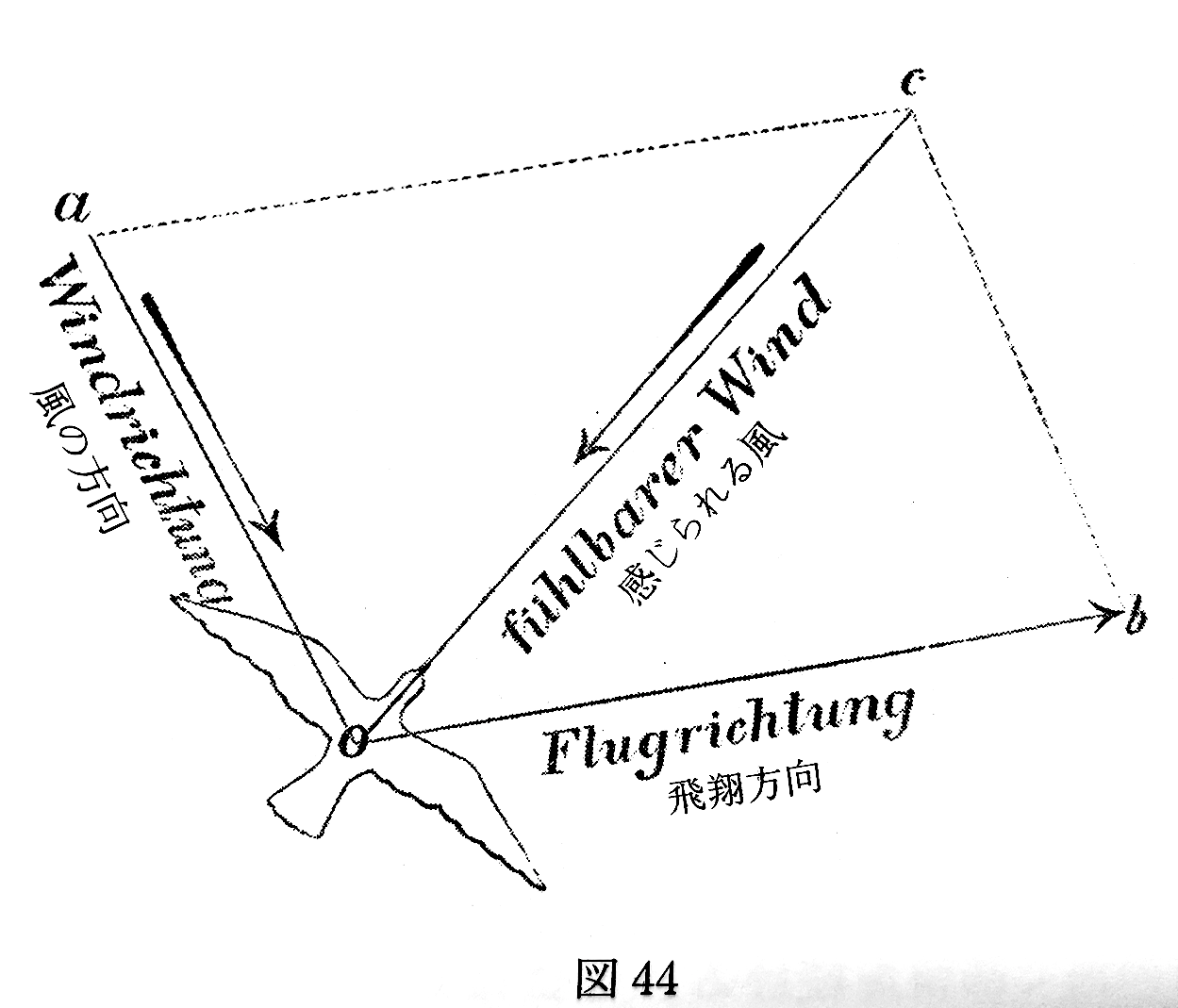 |
| (承前・同上) |
2.数理・データ情報教育のさらなる強化 |
1)全学体制 2)連携体制 3)e-learning 学修環境の整備 |
| (承前・同上) 「学際融合・社会連携を指向した双翼型大学院教育システム」とは  |
3.人文社会リソースの活用による横断型教育体制の構築 (ステイクホルダーは誰か?) 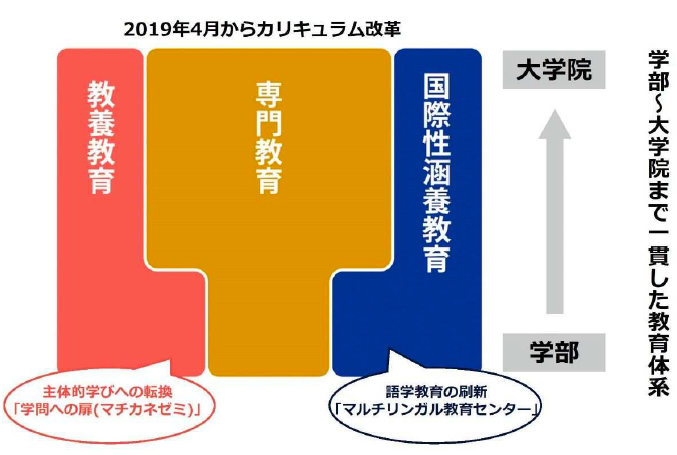
|
1)先導的な人文社会科学系教育プログラムの開発(KGI) ・人文社会科学に関わる6研究科の教員からなる「人文社会科学研究科オナープログラム」設置のためのコンソーシアムを創設する ・国際共創大学院の中に人文社会科学研究科オナープログラムを創設する 2)人文社会科学系組織の教育プログラム の体系化の促進(KGI) ・「人文社会科学研究科オナープログラム」コンソーシアムを通して、各研究科の教育研究プログラムをDWAAに応じた「知の探究」「知と知の融合」「知と社会の統合」に分類整理する。 ・人文社会科学に関わる6研究科を領域横断する「リベラルアーツアリーナ(liberal Arts Arena)」を設置して、現代の「知の探究」「知と知の融合」「知と社会の統合」に関する9〜15程度の課題群を分類する(OU-TRAを参照) 3)大学院横断型教育組織との連携体制構築(KGI) ・大学院横断型教育組織は、国際共創大学院に統合されて、他のプログラムの教務、ディプロマ認定などの作業を統括し、卒業後の フォローアップをStudent Life-Cycle Management システムと連携して、管理運営し、人的ネットワーク(OU alumni network)を構築する。 |
● 受講予定の未来の学生・大学院生へ
受講することは知識資源を(利潤や資源を奪うことなく)消費することですので、学生の勉学には「研究倫理」のほかに「消費者としての倫理」が要求されることは言うまでもありません。
"Ethical consumerism (alternatively called ethical consumption, ethical purchasing, moral purchasing, ethical sourcing, ethical shopping also associated with sustainable and green consumerism) is a type of consumer activism based on the concept of dollar voting.[1] It is practiced through the buying of ethically-made products that support small scale manufacturers and local artisans, protect animals and the environment, and boycott products that exploit children as workers, are tested on animals, or damage the environment.[2].... Although single-source ethical consumerism guides such as Ethical Consumer, Shop Ethical,[5] and The Good Shopping Guide[6] have proven to be popular, they suffer from the drawback of incomplete coverage. User-generated ethical reviews are more likely, long-term, to provide democratic, in-depth coverage of a wider range of products and businesses.[7] The Green Stars Project[8] promotes the idea of including ethical ratings (on a scale of 1-5 green stars) alongside conventional ratings on retail sites such as Amazon or review sites such as Yelp./ The term political consumerism first used in a study titled “The Gender Gap Reversed: Political Consumerism as a Women-Friendly Form of Civic and Political Engagement” from authors Dietlind Stolle and Michele Micheletti is identical to idea of ethical consumerism; however in this study, the authors found that political consumerism is a form of social participation that often goes overlooked at the time of writing and needs to be accounted for in future studies of social participation.[9]" - Ethical consumerism, by Wiki
● 知の探究、知と知の融合、知と社会の統合の関係性
実施期間中に、次の3ステップの過程を通して、大学 院の学際融合共通教育 を充実させる。
1)国際共創大学院は、デザイン教育担当センター、 全学教育機関(教養部)および各部局と協力して、大学院横断教育の基盤構造である大学院高度教養「Double-Wing Academic Architecture (DWAA)」の定着を図るために「知と知の融合」ならびに「知と社会の統合」のプログラムの実施理念を毎年確認するとともに、適切な指導を通して、両プ ログラムの実施状況を実査し、それぞれのプログラム担当者にアドバイスする(2022-2023年度)。
2)デザイン教育担当センターにおいては、各部局の 協力により「知の探究」プログラムの専門分野のコアカリキュラムが、適切に「知と知の融合」ならびに「知と社会の統合」と有機的に結びつくのかを毎年点検 し、バランスのとれたDWAAの3つの柱を整備するために、プログラム担当者にアドバイスする(2023-2025年度)。
3)国際共創大学院は、デザイン教育担当センター、
全学教育機関(教養部)および各部局と協力して、DWAA教育による達成・未達成について指標を点検し、産官学民の共創を学内外に展開してゆく(2026
-2027年度)。
オットー・リリエンタール著『鳥の飛翔』
田中豊助, 原田幾馬訳、東海大学出版会 , 2006年;
Mechanics of white stork flight in his Der Vogelflug als Grundlage der Fliegekunst (1889);ベクトルの合成(飛行とは無関係です)
●●人文社会科学系教育リソースの全学的活用による横断型教育体制の 構築
1)先導的な人文社会科学系教育プログラ ムの開発
2)人文社会科学系組織の教育プログラム の体系化の促進
3)大学院横断型教育組織との連携体制構 築
++
1)先導的な人文社会科学系教育プログラムの開発(→「コロナ時代における大学院共通教育科目の開発」)
我々は、持っている知力(研究と教育と社会連携)を
総動員して、COVID-19の脅威に対して、対応(coping)していかねばならない。
解説:SDGsの17の課題のうち、人文社会系教育 スタッフが先進的に取り組める8課題の国連のアナウンスメントを記載した。※「ウィズコロナ時代の大学院のあり方」として。着眼点について国際連合のウェブ ページから引用する。
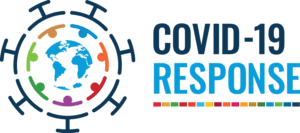
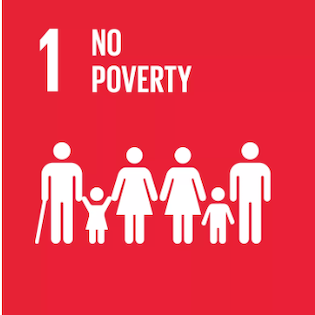 |
1. 貧困をなくそう Developing countries are most at risk during – and in the aftermath – of the pandemic, not only as a health crisis but as a devastating social and economic crisis over the months and years to come. According to UNDP income losses are expected to exceed $220 billion in developing countries, and an estimated 55 per cent of the global population have no access to social protection. These losses will reverberate across societies; impacting education, human rights and, in the most severe cases, basic food security and nutrition. To support the poorest and most vulnerable, the UN has issued a Framework for the immediate socio-economic response to COVID-19, calling for an extraordinary scale-up of international support and political commitment to ensure that people everywhere have access to essential services and social protection. The UN COVID-19 Response and Recovery Fund aims to specifically support low- and middle-income countries as well as vulnerable groups who are disproportionately bearing the socio-economic impacts of the pandemic. Women leaders convened by UN Deputy Secretary-General Amina Mohammed have called for support for the UN roadmap for social and economic recovery and for fully funding of the UN Response and Recovery Fund. |
 |
4. 質の高い教育をみんなに In an effort to foster international collaboration and ensure that education never stops, UNESCO is mounting a response with a set of initiatives that include the global monitoring of national and localized school closures. To protect the well-being of children and ensure they have access to continued learning, UNESCO in March 2020 launched the COVID-19 Global Education Coalition, a multi-sector partnership between the UN family, civil society organizations, media and IT partners to design and deploy innovative solutions. Together they help countries tackle content and connectivity gaps, and facilitate inclusive learning opportunities for children and youth during this period of sudden and unprecedented educational disruption. Specifically, the Global Education Coalition aims to: Help countries in mobilizing resources and implementing innovative and context-appropriate solutions to provide education remotely, leveraging hi-tech, low-tech and no-tech approaches; Seek equitable solutions and universal access; Ensure coordinated responses and avoid overlapping efforts; Facilitate the return of students to school when they reopen to avoid an upsurge in dropout rates. UNICEF also scaled up its work in 145 low- and middle-income countries to support governments and education partners in developing plans for a rapid, system-wide response including alternative learning programmes and mental health support. |
 |
5. ジェンダ平等を実現しよう “Limited gains in gender equality and women’s rights made over the decades are in danger of being rolled back due to the COVID-19 pandemic,” the UN Secretary-General said in April 2020, urging governments to put women and girls at the centre of their recovery efforts. Women are not only the hardest hit by this pandemic, they are also the backbone of recovery in communities. Putting women and girls at the centre of economies will fundamentally drive better and more sustainable development outcomes for all, support a more rapid recovery, and place the world back on a footing to achieve the Sustainable Development Goals. Every COVID-19 response plans, and every recovery package and budgeting of resources, needs to address the gender impacts of this pandemic. This means: (1) including women and women’s organizations in COVID-19 response planning and decision-making; (2) transforming the inequities of unpaid care work into a new, inclusive care economy that works for everyone; and (3) designing socio-economic plans with an intentional focus on the lives and futures of women and girls. UN Women has developed a rapid and targeted response to mitigate the impact of the COVID-19 crisis on women and girls and to ensure that the long-term recovery benefits them, focused on five priorities:Gender-based violence, including domestic violence, is mitigated and reduced Social protection and economic stimulus packages serve women and girls People support and practise equal sharing of care work Women and girls lead and participate in COVID-19 response planning and decision-making Data and coordination mechanisms include gender perspectives The COVID-19 pandemic provides an opportunity for radical, positive action to redress long-standing inequalities in multiple areas of women’s lives, and build a more just and resilient world. |
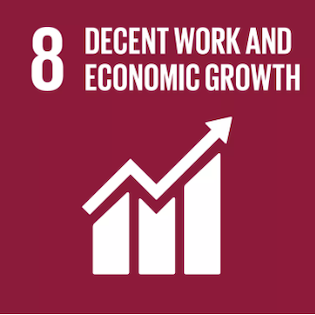 |
8. 働きがいも経済成長も The COVID-19 pandemic has caused a historic recession with record levels of deprivation and unemployment, creating an unprecedented human crisis that is hitting the poorest hardest. In April 2020, the United Nations released a framework for the immediate socio-economic response to COVID-19, as a roadmap to support countries’ path to social and economic recovery. It calls for an extraordinary scale-up of international support and political commitment to ensure that people everywhere have access to essential services and social protection. The socio-economic response framework consists of five streams of work: Ensuring that essential health services are still available and protecting health systems; Helping people cope with adversity, through social protection and basic services; Protecting jobs, supporting small and medium-sized enterprises, and informal sector workers through economic response and recovery programmes; Guiding the necessary surge in fiscal and financial stimulus to make macroeconomic policies work for the most vulnerable and strengthening multilateral and regional responses; and Promoting social cohesion and investing in community-led resilience and response systems. These five streams are connected by a strong environmental sustainability and gender equality imperative to build back better. The UN Secretary-General has stressed that the recovery from the COVID-19 crisis must lead to a different economy. Beyond the immediate crisis response, the pandemic should be the impetus to sustain the gains and accelerate implementation of long-overdue measures to set the world on a more sustainable development path and make the global economy more resilient to future shocks. |
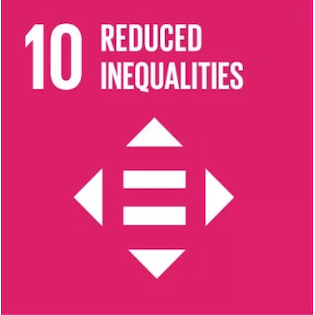 |
10. 人や国の不平等をなくそう COVID-19 is not only challenging global health systems but testing our common humanity. The UN Secretary-General called for solidarity with the world’s poorest and most vulnerable who need urgent support in responding to the worst economic and social crisis in generations. “Now is the time to stand by our commitment to leave no one behind,” the Secretary-General said. To ensure that people everywhere have access to essential services and social protection, the UN has called for an extraordinary scale-up of international support and political commitment, including funding through the UN COVID-19 Response and Recovery Fund which aims to support low- and middle-income countries and vulnerable groups who are disproportionately bearing the socio-economic impacts of the pandemic. This time of crisis must also be used as an opportunity to invest in policies and institutions that can turn the tide on inequality. Leveraging a moment when policies and social norms may be more malleable than during normal times, bold steps that address the inequalities that this crisis has laid bare can steer the world back on track towards the Sustainable Development Goals. For more information, see the SDG-10 Goal of the Month package: https://www.un.org/sustainabledevelopment/goal-of-the-month-may-2020 |
 |
11. 住み続けられるまちづくりを Cities are on the front line of coping with the pandemic and its lasting impacts. Across the globe, COVID-19 is threatening cities and communities, endangering not only public health, but also the economy and the fabric of society. UN-Habitat, the UN agency for housing and urban development, is working with national and local governments to help them prepare for, prevent, respond to and recover from the COVID-19 pandemic. The UN Habitat COVID-19 Response Plan aims to: Support local governments and community-driven solutions in informal settlements Provide urban data, evidence-based mapping and knowledge for informed decision Mitigate economic impact and initiate recovery UN-Habitat’s COVID-19 Policy and Programme Framework provides guidance for global, regional and country-level action. The UN Economic Commission for Africa has proposed specific support to city governments to mitigate and respond to the economic effects of COVID-19. Africa’s cities account for more than 50% of the region’s GDP, and COVID-19 is likely to hit African cities hard, with sharp declines in productivity, jobs and revenues. |
 |
12. つくる責任つかう責任 The current crisis is an opportunity for a profound, systemic shift to a more sustainable economy that works for both people and the planet. The emergence of COVID-19 has underscored the relationship between people and nature and revealed the fundamental tenets of the trade-off we consistently face: humans have unlimited needs, but the planet has limited capacity to satisfy them. We must try to understand and appreciate the limits to which humans can push nature, before the impact is negative. Those limits must be reflected in our consumption and production patterns. COVID-19 can be a catalyst for social change. We must build back better and transition our production and consumption patterns towards more sustainable practices. |
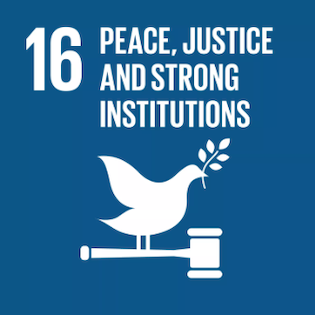 |
16. 平和と公正をすべての人に Human rights are key in shaping the pandemic response. By respecting human rights in this time of crisis, we will build more effective and inclusive solutions for the emergency of today and the recovery for tomorrow. Human rights put people centre-stage. Responses that are shaped by and respect human rights result in better outcomes in beating the pandemic, ensuring healthcare for everyone and preserving human dignity. The UN Secretary General urged governments to be transparent, responsive and accountable in their COVID-19 response and ensure that any emergency measures are legal, proportionate, necessary and non-discriminatory. “The best response is one that responds proportionately to immediate threats while protecting human rights and the rule of law,” he said. To focus on “the true fight,” UN Secretary-General António Guterres called for a global ceasefire, in an appeal urging warring parties across the world to lay down their weapons in support of the bigger battle against the COVID-19 pandemic. More than 2 million people have signed the online petition in support of the Secretary-General’s cease-fire appeal. You can sign it here. |
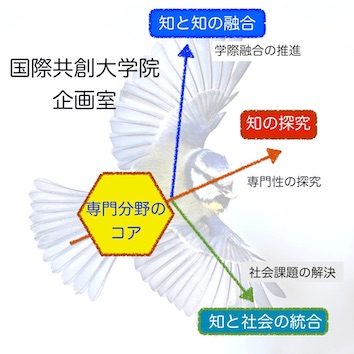 |
我々は、持っている知力(研究と教育と社会連携)を総動員して、
COVID-19の脅威に対して、対応(coping)していかねばならない。 大学院横断教育の基盤構造である双翼型大学院高度教養「Double- Wing Academic Architecture (DWAA)」教育の3つの柱である、「知の探究」「知と知の融合」「知と社会の統合」のカリキュラムを横串にして、人文社会科学系組織の教育プログラム を、《問題の所在》発見と《解決法の探究》というセットを、全領域において展開させる。そのことを通して、本学ならでは従来型の「知の探究」の伝統の上 に、「知と知の融合」ならびに「知と社会の統合」をさらに展開する。(下記) |
1. 貧困をなくそう;4. 質の高い教育をみんな
に;5. ジェンダ平等を実現しよう;8. 働きがいも経済成長も;10. 人や国の不平等をなくそう;11. 住み続けられるまちづくりを;12. つ
くる責任つかう責任;16. 平和と公正をすべての人に。
2)人文社会科学系組織の教育プログラムの体系化の 促進
大学院横断教育の基盤構造である双翼型大学院高度教 養「Double-Wing Academic Architecture (DWAA)」教育の3つの柱である、「知の探究」「知と知の融合」「知と社会の統合」のカリキュラムを横串にして、人文社会科学系組織の教育プログラムを、《問題の所在》発見と《解決法の探究》というセット を、全領域において展開させる(Problem-Base Learning 2.0)。そのことを通して、本学ならでは従来型の「知の探究」の伝統の上に、「知と知の融合」ならびに「知と社会の統 合」をさらに展開する。
3)大学院横断型教育組織との連携体制構築
(承前)「知の探究、知と知の融合、知と社会の統合 の関係性」の中で次のように記載している:「(1)国際共創大学院は、デザイン教育担当センター、 全学教育機関(教養部)および各部局と協力して、大学院横断教育の基盤構造である大学院高度教養「Double-Wing Academic Architecture (DWAA)」の定着を図るために「知と知の融合」ならびに「知と社会の統合」のプログラムの実施理念を毎年確認するとともに、適切な指導を通して、両プ ログラムの実施状況を実査し、それぞれのプログラム担当者にアドバイスする(2022-2023年度)。(2)デザイン教育担当センターにおいては、各部 局の 協力により「知の探究」プログラムの専門分野のコアカリキュラムが、適切に「知と知の融合」ならびに「知と社会の統合」と有機的に結びつくのかを毎年点検 し、バランスのとれたDWAAの3つの柱を整備するために、プログラム担当者にアドバイスする(2023-2025年度)。(3)国際共創大学院は、デザ イン教育担当センター、 全学教育機関(教養部)および各部局と協力して、DWAA教育による達成・未達成について指標を点検し、産官学民の共創を学内外に展開してゆく(2026 -2027年度)」
リンク
リンク
文献
その他の情報
Do not paste, but [re]think this message for all undergraduate students!!!

The Lilienthal monument, Berlin 2006
